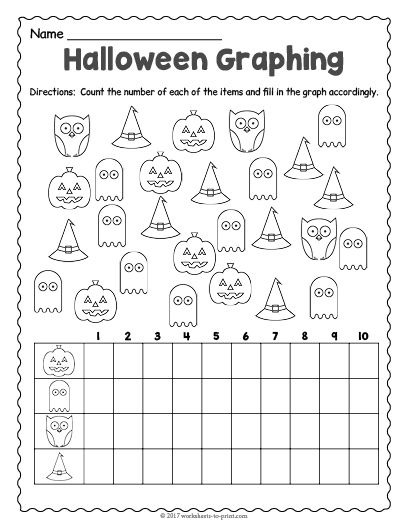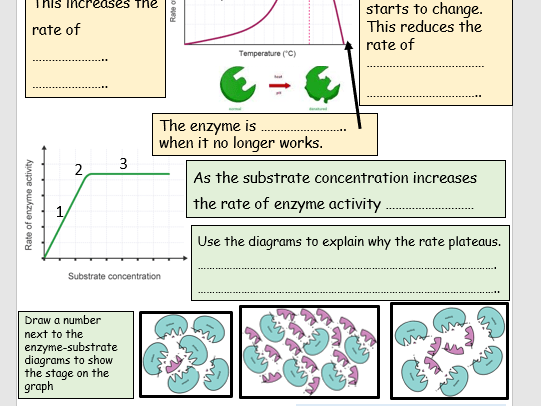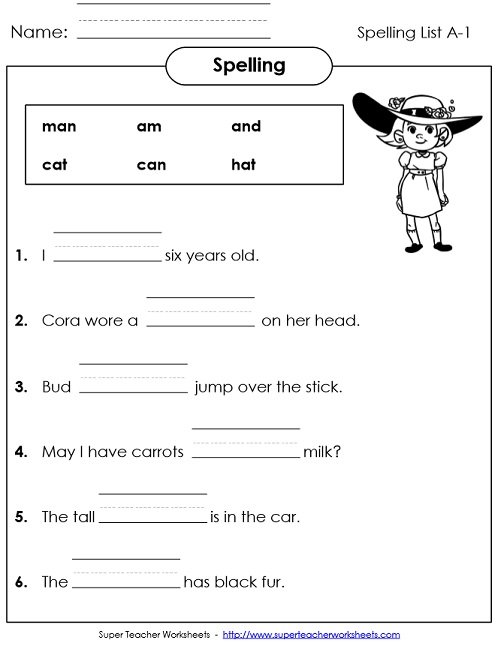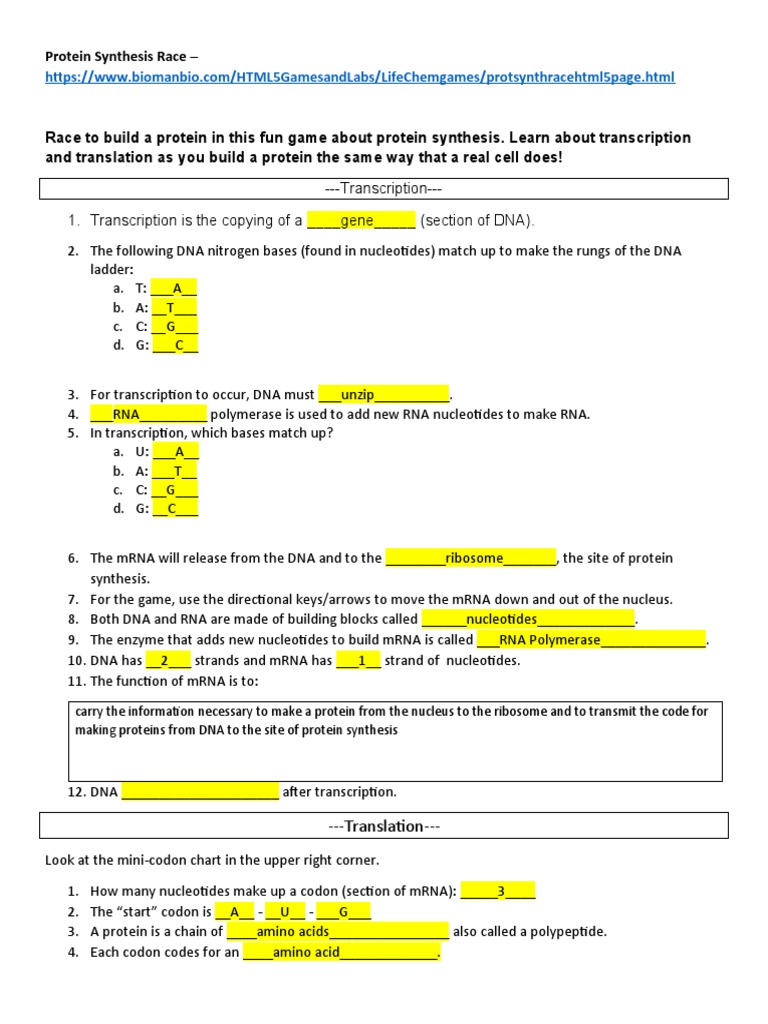10 Capitalization Rules for 4th Grade Mastery
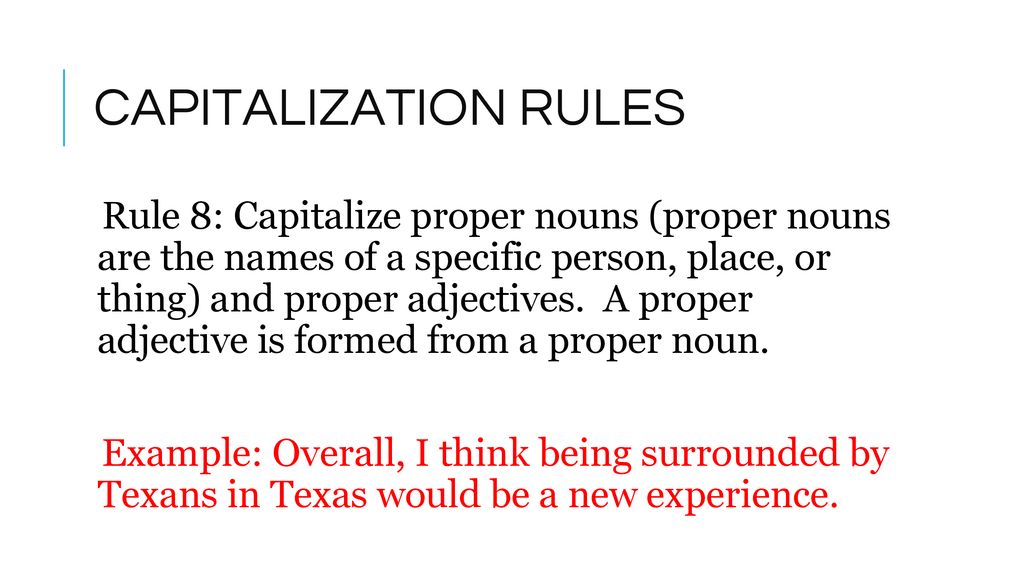
Mastering Capitalization: A 4th Grade Guide
Capitalization is a fundamental skill in writing that can make or break the clarity and professionalism of a piece of text. As a 4th grader, mastering capitalization rules is crucial for effective communication and good writing habits. In this article, we’ll explore the top 10 capitalization rules for 4th-grade mastery.
Rule 1: Capitalize the First Word of a Sentence
The first word of every sentence should be capitalized. This rule applies to all types of sentences, including declarative, interrogative, and exclamatory sentences.
- Example: “The sun is shining brightly today.”
Rule 2: Capitalize Proper Nouns
Proper nouns are names of specific people, places, organizations, and events. These should always be capitalized.
- Examples:
- Names: “John”, “Emily”, “Mr. Smith”
- Places: “New York”, “California”, “London”
- Organizations: “Google”, “NASA”, “UNICEF”
- Events: “World Cup”, “Olympics”, “Thanksgiving”
Rule 3: Capitalize the First Word of a Title
When writing titles, capitalize the first word of the title, as well as any major words (words that are not articles, conjunctions, or prepositions).
- Example: “The Great Gatsby” (Note: “The” is an article, but “Great” and “Gatsby” are major words)
Rule 4: Capitalize Days of the Week and Months
Days of the week and months should always be capitalized.
- Examples:
- Days: “Monday”, “Tuesday”, “Wednesday”
- Months: “January”, “February”, “March”
Rule 5: Capitalize Holidays and Special Events
Holidays and special events should be capitalized.
- Examples: “Christmas”, “Halloween”, “Independence Day”
Rule 6: Capitalize Names of Specific Locations
Specific locations, such as streets, cities, states, and countries, should be capitalized.
- Examples:
- Streets: “Main Street”, “Elm Street”
- Cities: “New York City”, “Los Angeles”
- States: “California”, “Florida”
- Countries: “United States”, “Canada”
Rule 7: Capitalize Names of Historical Events
Historical events, such as battles, wars, and movements, should be capitalized.
- Examples:
- Battles: “Battle of Gettysburg”, “Battle of Normandy”
- Wars: “World War I”, “American Civil War”
- Movements: “Civil Rights Movement”, “Women’s Suffrage Movement”
Rule 8: Capitalize Names of Awards and Honors
Awards and honors, such as Nobel Prizes and Olympic medals, should be capitalized.
- Examples:
- Awards: “Nobel Prize”, “Pulitzer Prize”
- Honors: “Medal of Honor”, “Presidential Medal of Freedom”
Rule 9: Capitalize Names of Specific Groups
Specific groups, such as teams, clubs, and organizations, should be capitalized.
- Examples:
- Teams: “New York Yankees”, “Los Angeles Lakers”
- Clubs: “Boy Scouts”, “Girl Scouts”
- Organizations: “American Red Cross”, “Humane Society”
Rule 10: Capitalize Names of Specific Documents
Specific documents, such as the Constitution and the Declaration of Independence, should be capitalized.
- Examples:
- Documents: “United States Constitution”, “Declaration of Independence”
📝 Note: Remember, capitalization rules can vary depending on the context and style guide being used. However, these 10 rules provide a solid foundation for 4th-grade mastery.
By following these 10 capitalization rules, 4th-grade students can improve their writing skills and develop good habits that will serve them well throughout their academic careers.
In summary, mastering capitalization rules is essential for effective communication and good writing habits. By following these 10 rules, students can improve their writing skills and develop a strong foundation for future success.
Related Terms:
- Capitalization worksheets with answers
- Capitalization worksheets grade 5
- Capitalization worksheets PDF
- Capitalization worksheets grade 3
- Capitalization worksheets Grade 1
